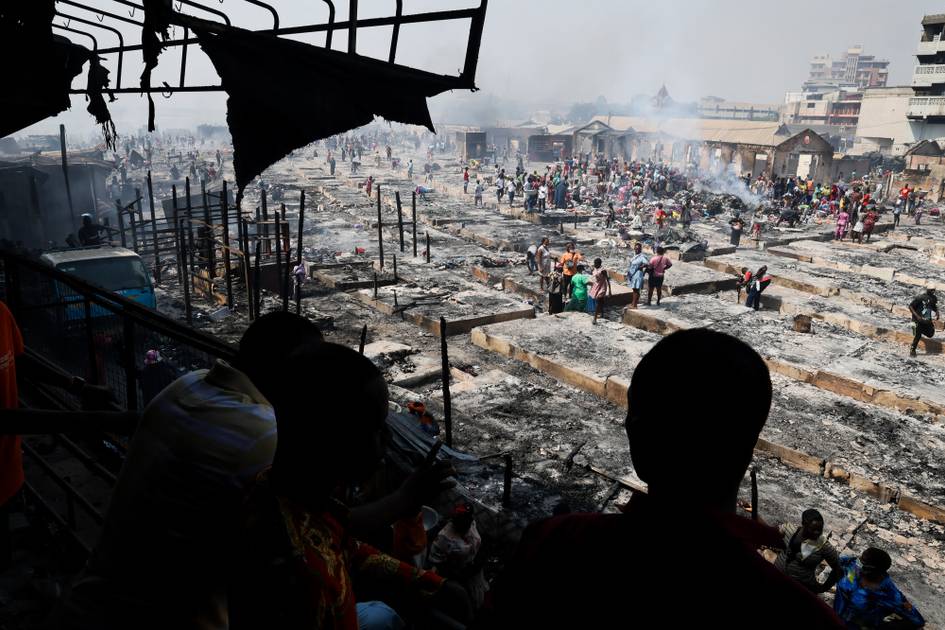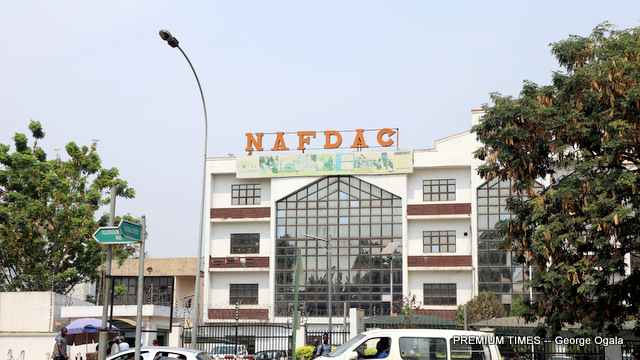An attack on March 4 killed one person and injured nine in northern Israel. The victim was Pat Nibin Maxwell, a thirty-one-year-old from India. He was working in Israel. His wife is seven months pregnant, India Today reported. “The incident happened near Israel’s northern border community of Margaliot, targeting agricultural workers, the Israeli Embassy later confirmed,” the report said.
The attack on March 4 harmed numerous workers. It’s not known if they were the target, but Hezbollah has shown that it is cold and calculating in its attacks. Even though it has launched thousands of unguided rockets, it has also used anti-tank guided missiles to target many specific locations on the border. It has damaged 500 buildings in this war since it began the attacks on October 8, supporting the Hamas massacre the day before.
Hezbollah is only showing a small piece of its power. In this, it is showing the threat that could emerge in a larger war. This is a threat that has been enabled by the international community over the last two decades. Israel left Lebanon in 2000, and as a reward, in a sense, Hezbollah became exponentially more powerful. This is similar to what happened in Gaza after Israel left.
In both instances terror groups were moved closer to Israel’s border and with the backing of Iran and connivance of other countries, the groups became massively powerful. In essence, Hamas today is like Hezbollah was a decade ago. Hezbollah is considered the stronger of the two groups. However, Hamas showed on October 7 that it poses an existential threat. We now know the number of Hamas tunnels was underestimated. In addition, we know Hamas likely pushed messages via third countries that were designed to lure Israel into a false sense that Hamas was “deterred.”
No mixed messages from Hezbollah
On the positive side regarding Hezbollah, there are no mixed messages here. Hezbollah is a large threat. However, there are many problematic trends taking place. US envoy Amos Hochstein arrived in Lebanon this week and is pushing for diplomacy as the “only way” to stop the Hezbollah attacks. It’s important to remember that back in October 2022, Israel was pressured into a maritime deal with Lebanon.
Hochstein and the US at the time claimed that this deal would somehow reduce tensions by demarcating the maritime border. Oddly, Israeli leaders at the time bought this, even though the deal was only achieved after Hezbollah threatened war. Basically, someone thought that letting Hezbollah threaten war and then get rewarded was a good way to make a deal.
We now know the deal did not reduce the chances of war. Israel embraced diplomacy and the “reward” was thousands of rockets fired at northern Israel, 500 homes damaged, 80,000 people evacuated and a dozen people murdered by Hezbollah in the North. The Indian worker now joins the list of the Hezbollah crimes.
However, the international community and the UN have not condemned Hezbollah. The UN was supposed to make sure Hezbollah would not be on the border after 2006. Instead, the UN helped pave the way for Hezbollah. This is the same thing that happened in Gaza. In both instances, the international community has played a major role in enabling these illegal terrorist groups to grow stronger and increase their threats by embedding in a civilian population.
Today, Israel is engaged in a difficult campaign against Hezbollah. Because Israel is always seen as the aggressor, even when Hezbollah murders people with rockets, the IDF must weigh escalation. There is message discipline in Israel’s top brass and political leadership that the Hezbollah threat must end.
However, it’s not clear if Israel has the political capital to engage in an offensive in the North while it is dealing with the Hamas threat in Gaza. Hezbollah can read Israel’s media just as well as anyone else and understands that Israel’s threats against Hezbollah are weighted against concerns about a two-front war. This isn’t 1967 or 1973, clearly.
As such Hezbollah believes it will received “proportional” responses to its endless daily attacks. It also chooses the time and place to attack. Sometimes it targets military bases such as northern command in Safed or Mount Meron, sometimes it targets homes. It has openly said that the residents of northern Israel will not return until Hezbollah’s demands are met. Hezbollah wants Israel to cave into a deal in Gaza. This is what Iran wants and what other patrons and hosts of Hamas want. The goal of course is to get Israel to leave Gaza and reset the clock to October 6, so that another October 7 can happen when Iran or Hezbollah are ready.
Israel has also shifted messaging a bit. While Israeli leaders had previously threatened to turn parts of Lebanon into Gaza, basically a widespread, intense military campaign, it’s clear now that the messaging is about removing Hezbollah from the border. Pressure from the US or France for a diplomatic deal will come.
Israel has learned what these deals mean in the past. It means Hezbollah gets stronger and Hezbollah decided when next to heat up tensions. Israel’s northern residents have said they don’t want to live under this kind of threat in the future. This leaves a narrowing set of choices for Israel to follow.
Meanwhile, the Hezbollah threat continues and likely increases. Hezbollah claimed it targeted a kibbutz on Monday and that it also struck other villages, and that it targeted IDF vehicles. Hezbollah also took credit for a rocket barrage that led to a power outage in Nahariya. Iranian media highlighted the Hezbollah claims.







